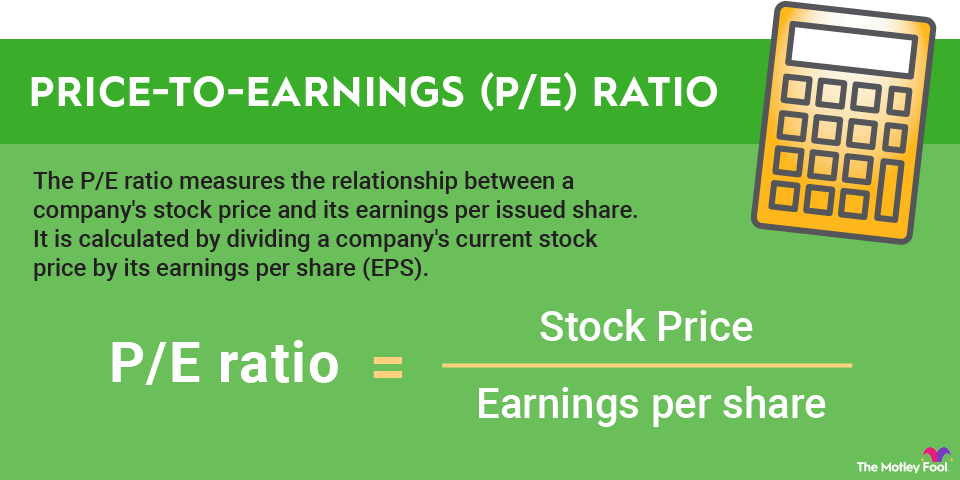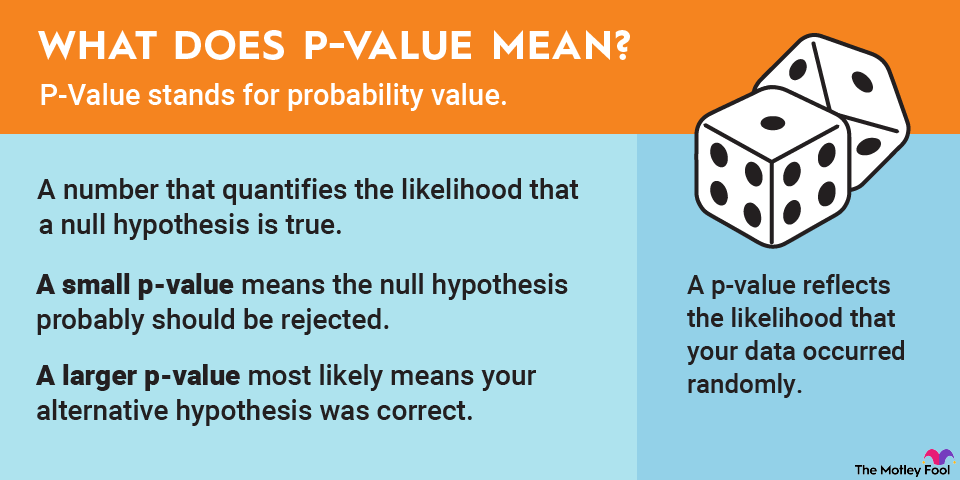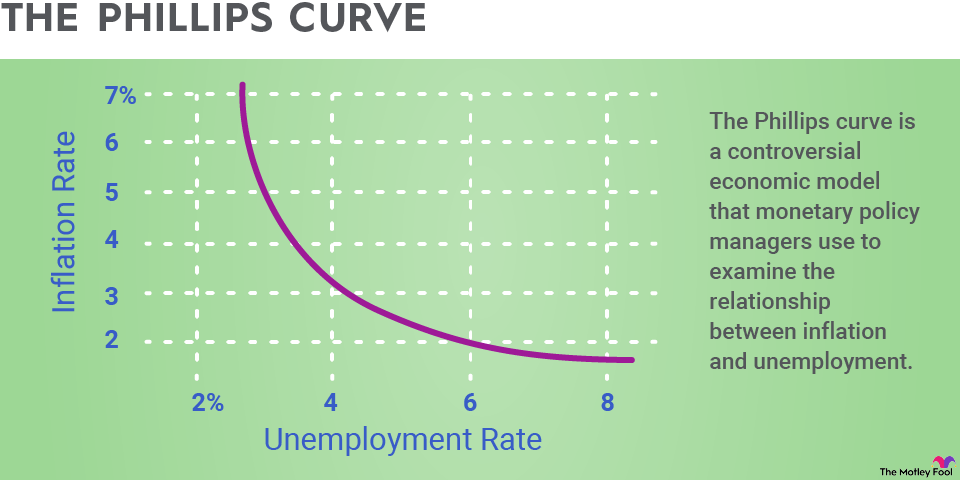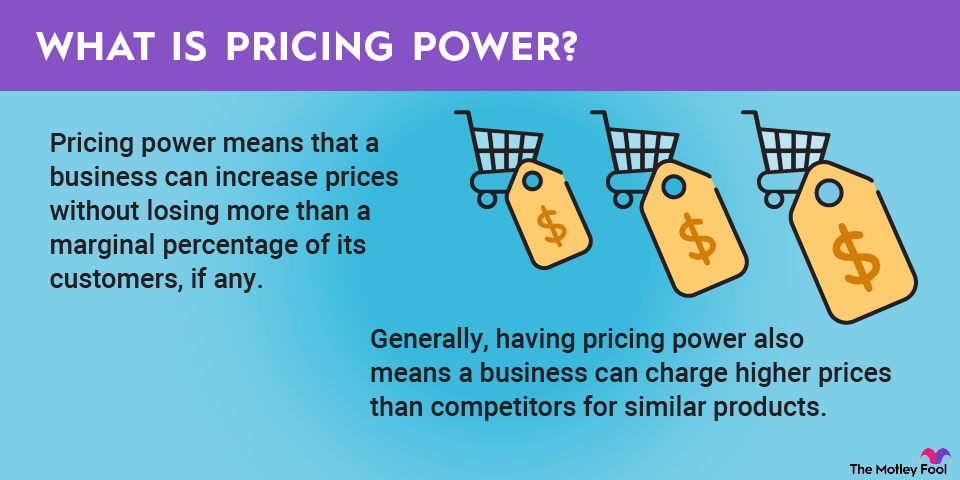You’ve heard of banking with perks, but what about private banking? It’s a whole different kind of banking that can be incredibly valuable for the right people.

What is private banking?
Private banking is a collection of services offered by retail banks and other financial institutions to high-net-worth individuals (HNWI). Most retail banks and brokerages offer this service through a special department often referred to as “private banking” or “wealth management.”
The goal of private banking is to help HNWI handle all or most of their financial life through a single source. Private bankers may do things like help arrange jumbo mortgages, juggle business financing, and even help with financial planning and developing plans for inheritance.
What services does private banking offer?
Each bank will offer slightly different banking services, but you can expect that most will at least touch on things like:
General financial planning. HNWI need financial planning more than most people since there’s a lot to manage, and being able to plan accordingly can help them remain HNWI.
Investing. Although brokerages also offer special services to HNWI, banks with investing arms can, as well. They can help with investing advice, as well as ways to reduce realized gains through techniques like tax loss harvesting. Often, larger banks can also connect HNWI with private investing opportunities that others won’t have access to, including private hedge funds and large real estate deals that are reserved for accredited investors.
Tax Loss Harvesting
Lending. HNWI often need special lending services due to the cost of homes, vehicles, or businesses they mean to acquire. This definitely requires a personal touch since large loans can be very difficult to close at times.
Tax planning. A private banker should also be aware of existing and upcoming tax laws, though they are not a substitute for a good accountant. Even so, without solid tax knowledge, a private banker couldn’t advise HNWI on their best investment strategies.
Philanthropy. Doing good isn’t just as simple as going out and throwing a bunch of money into the sky. There are rules about nonprofit organizations and tax laws to consider. A private banker is generally versed in these things.
Estate planning. Although you’ll need an attorney to finalize your estate plan, private bankers also play a crucial role since they understand your assets better than a lawyer could and possibly better than you do.
Who is eligible for private banking?
Although most institutions with private banking reserve their services for HNWI -- people with at least $750,000 in investable assets, according to the Securities and Exchange Commission -- that’s more of a floor, really. Many banks will not offer services to anyone with less than $1 million in investable assets, though some require $5 million or $10 million before you’re eligible.
Some also offer various tiers of private banking services, with increasing amounts of investable assets unlocking more and more valuable services. If you’re not quite there yet, you may still find a bank willing to offer you some kind of private banking services with less than $750,000 in investable assets, but you’ll need to verify each bank’s requirements and offerings before committing.



















